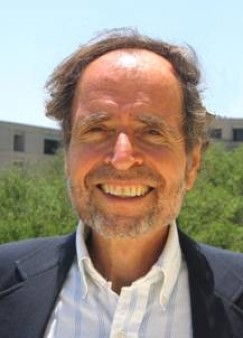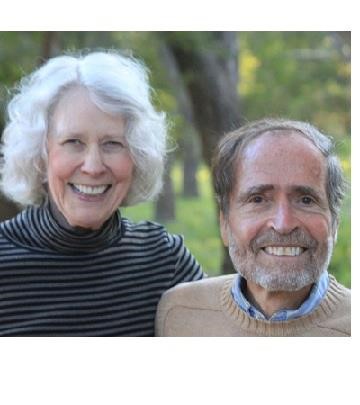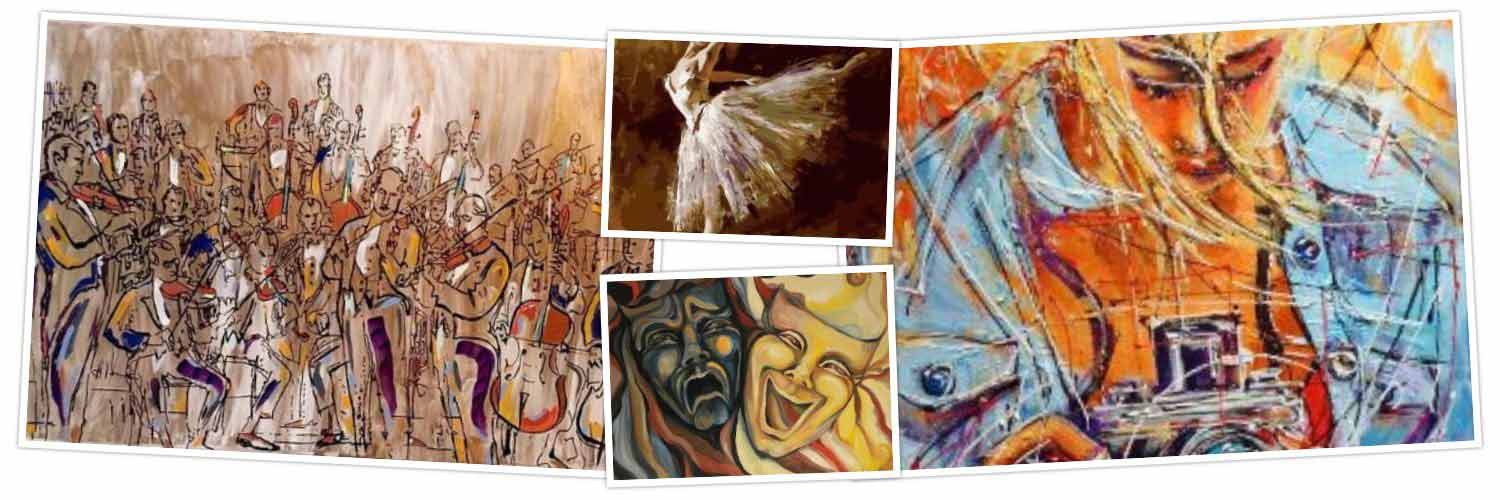Interview Express: Steven G. Kellman
by JASMINA WELLINGHOFF, Editor
Steven Kellman joined the faculty of the University of Texas at San Antonio in 1976. He is currently a professor of comparative literature there, specializing in fiction and criticism. In 2023, he was named Jack & Laura Richmond Endowed Faculty Fellow in American literature. He was also a Fullbright Senior Lecturer at Tbilisi State University in 1980, and held the Fullbright Distinguished Chair in American Literature at the University of Sofia in Bulgaria in 2000.
We recently interviewed him for our popular Interview Express section.
—————————————————————————————————————-
Would you, please introduce yourself to our readers?
My name is Steven Kellman and I am a professor, critic and essayist, working at UTSA.
Tell us more about your work?
I am in my 48th year at UTSA. One of my current projects is editing the complete poetry output of my late, beloved wife Wendy Barker. I also continue to work on a project that I kind of pioneered, called translingual literature, which is the literature by writers who write in a language that is not their native tongue. I do book reviews; I write essays, and I play tennis.

Since you are a literary man, would you comment on how the literary scene in San Antonio has changed in the past few decades? What do you consider major developments?
First, there’s the explosion of the population. San Antonio has become a big city, and there are so many more writers and readers. It used to be that the writing community was fairly small; everyone knew everybody else. Everyone attended every event; it’s impossible to do that now. Also, the advent of digital technology has made literature less localized. You can establish contact with writers, perhaps in San Francisco or Boston. So, the community of writers is not necessarily just San Antonio.
Also, the local universities have expanded their writing programs; Gemini Ink has grown a great deal since it was founded. I was the president of its founding board. It has come a long way since those early days. There are many more public readings. I have to say, however, that the bookstore situation has not gotten better. In fact, it’s worse.
Do you have a favorite bookstore?
I guess, the Twig is the old standby. I have bought books there and sold books there.
As I am sure, you know, poetry is not that popular among American readers. Could you mention some books of poetry that you recommend, especially contemporary poetry?
If they are just starting out, I would recommend a good anthology. There’s a book published annually, called Best American Poetry, whose editor changes from year to year. But each year, the editor tries to choose from what was published that year in multiple poetry magazines.
Do you follow the arts in San Antonio and what developments do you think are significant?
I was very excited by the development of the San Antonio Philharmonic. I think they have given some first-rate performances, and that’s exciting. I am sorry that they are not in the Tobin Center. The Tobin made a commitment to this othrt group (CMI or Classical Music Institute). And there are many exciting chamber groups in San Antonio. AGARITA is a really wonderful group – innovative work and great efforts to reach out to the public by performing for free in every city district. There’s also the Cactus Pear Music Festival, and they have come a long way since their beginning. They bring to town some really first-class musicians. I think that, musically, San Antonio has really become an exciting city. If you want to talk about theater however, it’s a different scene. I am very disappointed by what’s happening to theater in San Antonio. We lost some good resident companies. It’s impossible to make a living as an actor in San Antonio, so the best talent goes elsewhere. And even the companies that have succeeded, often get by with rethreads of familiar shows, the tried and true. I miss the Attic Rep.

You came to San Antonio in 1976. Tell us about San Antonio at that time?
Oh! it was culturally a backwater; very little going on, which, in a way, was inspiring and those of us who were here, felt an obligation to do something. In the 70s and 80s, a lot of us were pitching in to make things happen. I attended everything and got involved in a lot of things.
What would you like to happen now, on the literary scene, theater scene, etc.
I would like to see a healthy, thriving arts scene with a diversity of talents and interests that’s not just ethnically oriented. Focusing on ethnicity, is a recipe for stagnation.
Do you write poetry?
I would not consider myself to be a poet. My first poetry book came out in 2019. That was my attempt to satirize the history of American literature. It’s called “American Suite.” It’s available online from Finishing Line Press.
You lost your wife who was the most important person in your life. How did you deal with grief?
She was a wonderful person and a great poet. Going over her poetry now, I am more impressed than before by the quality of the work, the craft that she put into it, and the variety of poems. A lot of her poetry seems conversational, like she’s just talking with you one on one.
Let’s switch gear: “What’s your favorite restaurant in San Antonio?
Since I am a vegan, my choice of restaurants is fairly limited. Usually Asian restaurants have no-meat choices. Green is a standby because it’s all vegetarian. Also, Mediterranean estaurants, like Pasha. But I find it a lot easier to just cook for myself.
What’s your favorite park?
I intend to walk every single trail in Bexar County. I almost accomplished that, so I’ll soon be moving to Boerne’s parks. And I regularly bicycle in Hardberger Park. I particularly like parks that are close to being a wilderness area.
Back to books: Is there a character from a novel that you especially identified with?
The more you read and experience literature, the more you identify with the author rather than characters. I think it’s rather naïve to identify with a character.
What’s the craziest thing you have done in your life that you do not regret?
That’s a tough question… Maybe my taking a job in San Antonio, a city I knew little about. It was a gamble to come here. I sometimes regretted it but mostly not.
Here’s our usual final question: If you were the absolute monarch of San Antonio, what would you change, implement, decree to improve life here?
I would immediately use my power to abdicate (laughs) More seriously: I would fund the local cultural institutions, because they all deserve more funding. Also, the local school system is in dire need for just adequate funding. In addition, we ought to build the human environment in San Antonio to be more welcoming to humans.
—————————————————

You present a wonderful interview with one of San Antonio’s best scholar, writer, and all around great person. I enjoyed reading this. Thanks.
Diane,
You are overly generous. Thank you.
Best wishes,
Steve
Professor Kellman’s thoughtful lectures were erudite and fascinating. I was grateful when he recommended Edmund Wilson’s “Axel’s Castle” when I took his course at UTSA. Ironically, my last name translates to Castle, which was prophetic and appropriate. His love of language was infectious.
Thank you for this interview. Kellman’s reflections on San Antonio over the past 50 years, especially ‘literary life there, help me recall the joys of that wonderful place.
Thank you, Dr. Wellinghoff, for your excellent presentation here. You have contributed to this community for such a long time yourself!
This was illuminating!